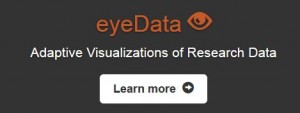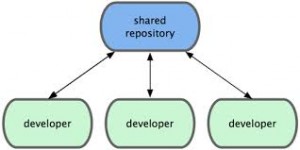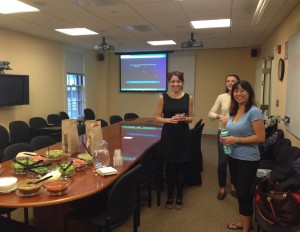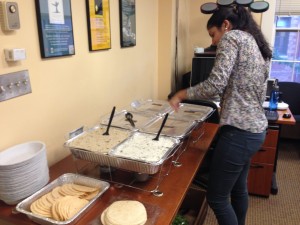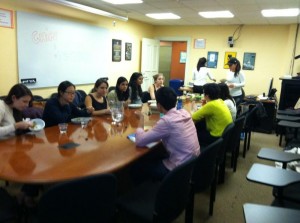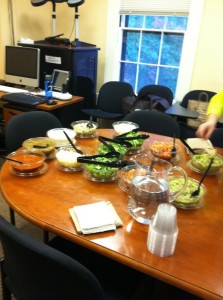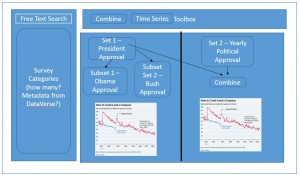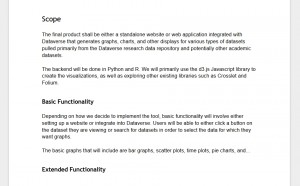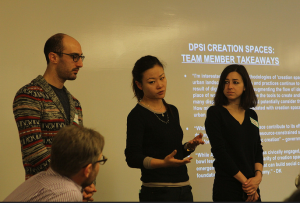Midterm Review
We got a good idea of people’s familiarity with interactive documentary and gauged the interest in the topic. As was brought up during our previous meetings by group members and the metaLAB team, folks wondered how we capture process and audience responses to media.
On the whole, we definitely made some nice connections and got great feedback… we also might get some lessons learned documentation from Wendy Fok, one of the winners of last year’s Dean’s Design Challenge, on our entry into the i-Lab Cultural Entrepreneurship Challenge.
What we worked on
The group met Tina Pamintuan, Nieman Fellow from CUNY Grad Center, who introduced herself and sat in on the discussion. Dan and other group members shared their experience of the Sam Green show at the ICA, but much of the conversation was about Ragnar Kjartansson’s piece The Visitors and the overall success of troubling some of the ideas of how to show multi-stream work in a museum setting.
Dan continued his conversation with Lara Baladi (MIT OpenDocs Lab) and Dalia Othman (Berkman), and we hope that they can join our next meeting. Perhaps a build out of Lara’s project on Egypt would work well for our kickoff event! We hope they can attend the meeting 11/7.
What went well
Idea jamming and talking about architecting different kinds of interaction between time-based media and audiences/authors. It was really productive to think of the spatialization of documentary as an , from the ground level (in a gallery or museum space), as opposed to combining top-down approaches with narrative seen in mapping, or the ‘choose your own adventure model’ that is viewed in a browser or a device, still being a single stream experience.
What was challenging
Pinning down the terms we wish to use in our proposal and charter. How do we break out of the ‘black box’ in a cinematic or dramaturgical environment? Perhaps it is a black cube?
What do we call this group and event series? An incubator or seminar/workshop series, a school, an interactive doc film festival? Perhaps a new term– a CoLABoratory. This implies that a number of different stakeholders across disciplines are collaboratively designing solutions to the problems of interactive documentary.
What’s up next
A number of group members were at the Illuminus Festival, so it will be productive to talk about what worked about that. Start work on our narrative, scope and process schedule, budget, and milestones for 2014/early 2015.
Halloween field trip!!! At our last meeting we decided to hold our next session in Lawrence to view the location-based documentary, The Path: Fall of the Pemberton Mill made by Dan Koff in 2010.

